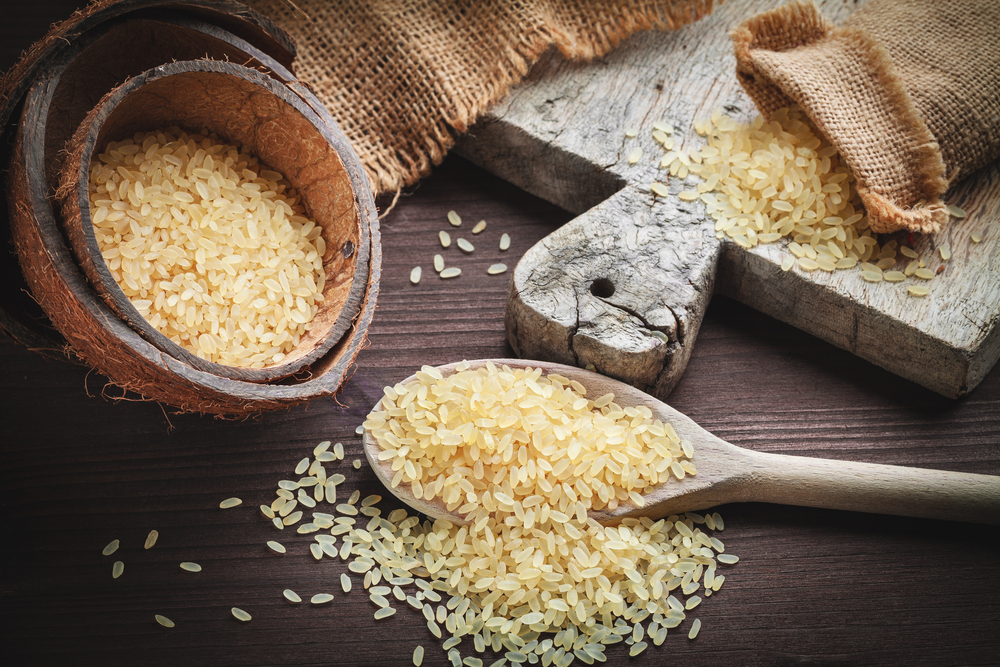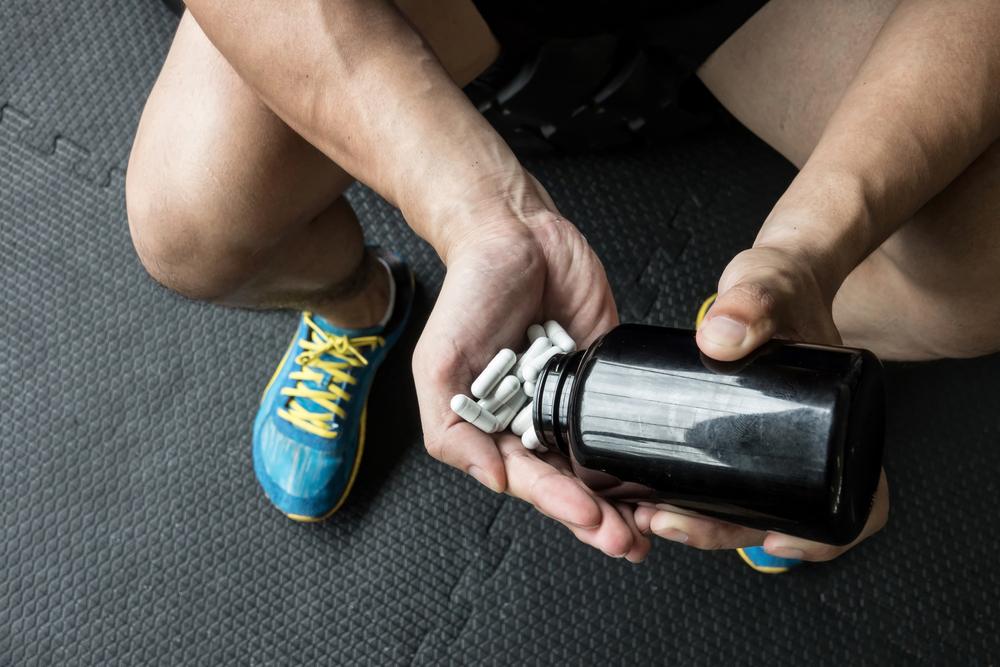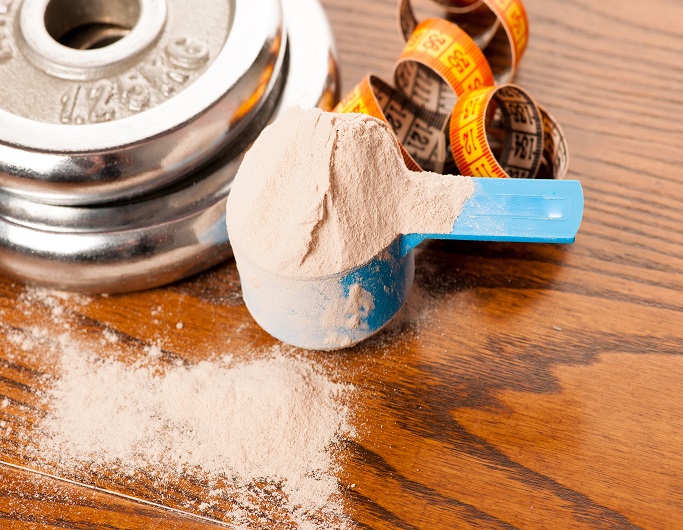Brown rice protein is mainly used by athletes who require a quality protein supplement to help them meet their elevated protein needs but who don’t want to use a dairy or soy protein source. It’s produced by isolating the proteins from brown whole grain rice and whilst most people supplement their diet with this type of protein for dietary reasons, some athletes and bodybuilders actually prefer this type of protein because of the additional nutrients that’s been found in it such as high levels of certain B vitamins, a good amino acid profile and a high fibre content.
Brown Rice Protein Hypoallergenic Properties
Brown rice protein is often recommended by sports scientists to athletes with any type of allergy since it’s been labelled as hypoallergenic. What this means is athletes with gastrointestinal problems such as good allergies, lactose intolerance or irritable bowel syndrome should be ok consuming brown rice protein and can, therefore, ensure their daily protein requirements are met without the usual health problems that comes with consuming normal whey protein.
Brown Rice Protein Fat Loss
As well as being hypoallergenic and great for those with certain food intolerances, brown rice protein is also thought to be great for those looking to lose fat since it’s low in fat and carbohydrates but has a very high content of insoluble fibre. This therefore ensures you remain fuller for longer since both the high protein and high fibre content have been proven to help promote a greater feeling of satiety and the low carbohydrate, high protein and fibre content helps to keep blood sugar and insulin levels low which in turn helps to reduce body fat. Lastly research conducted at the School of Food Science and Technology at Jiangnan University in China found that brown rice protein contained ‘unique peptides that reduce weight gain and hepatic cholesterol synthesis in rats.’ Whilst more research is needed into the area of brown rice protein and its weight loss benefits, so far results seem encouraging.
References:
- Bienvenido O. Juliano, Alicia A. Antonio and Bernardita V. Esmama (1973) ‘Effects of protein content on the distribution and properties of rice protein’ Journal of the Science of Food and Agriculture, Volume 24, Issue 3, pages 295–306, March 1973
- H. Hiromi, S. Taiichiro, A. Toyohiko (2004) ‘The Effect of Pre-germinated Brown Rice Intake on Blood Glucose and PAI-1 Levels in Streptozotocin-induced Diabetic Rats’ Bioscience, Biotechnology, and Biochemistry
- Vol. 68 (2004) No. 2 P 444-447
- B.O. Juliano (1985) ‘Factors affecting nutritional properties of rice protein’ Transactions of the National Academy of Science and Technology, v. 7 p. 205-216
- Huijuan Zhang, Glenn E. Bartley, Cheryl R. Mitchell, Hui Zhang, and Wallace Yokoyama (2011) ‘Lower Weight Gain and Hepatic Lipid Content in Hamsters Fed High Fat Diets Supplemented with White Rice Protein, Brown Rice Protein, Soy Protein, and their Hydrolysates’ Journal of Agricultural and Food Chemistry, 2011, 59 (20), pp 10927–10933








No Comments yet!